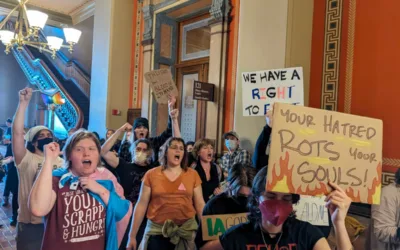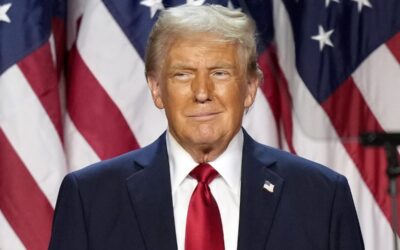
There’s a lot to keep track of when it comes to elections. Figuring out how to register to vote and tracking down your polling location become the priority, but learning how the actual process works is important, too. Personally, I had a lot of questions regarding what the people involved in elections actually do. From election officials to observers to campaigners, I’ve heard these terms pretty often but wasn’t aware of what their jobs required.
Thankfully, it was easier to figure out than I thought it would be. Let’s break it down together here.
What is an election official?
Let’s start with election officials, who manage our elections. These people receive extensive training to make sure necessary laws and rules are followed appropriately. This includes regularly testing election equipment, like voting machines. They usually do these tasks within view of the public for transparency and to build trust.
Okay, hold on a second. What is election equipment? Basically, these machines scan and verify our ballots once we cast our votes. Optical scanners are used to read and record paper ballots, whereas Direct Recording Electronic (DRE) Systems are digital boxes that let you put your choices right into the computer system. The type of machine you use depends on what’s available at your polling station.
Example: I filled out an absentee ballot, which is a paper ballot. Once election officials receive that in the mail, they’ll feed it through an optical scanner to verify my decisions and record my vote. Pretty cool, right?
For more information on the different types of election equipment and what each of them does, click here.
In addition to checking the voting equipment, election officials also verify voter eligibility and make sure that voter rolls are up-to-date with that latest information. If someone has died since the previous election, moved out of state, or otherwise become ineligible to vote, officials are the ones who remove that person’s name from the voter roll to keep elections accurate and honest.
At the county level, election officials may have different titles, but they’ll perform the same jobs. Other names include:
- County clerks
- County supervisors
- County auditors
- Boards of elections
- Election commissions
A county election official is someone who’s responsible for overseeing the voter registration process, mail-in ballots, and deciding the amount of polling place locations for an upcoming election. They also make sure those polling locations are properly staffed with well-trained poll workers during both early voting periods and on Election Day itself.
What is an election observer?
Election observers are the people who observe the steps in the actual election process. Each state has its own procedures and laws regarding when and where observers can be present, and who can observe the election.
For more information about what those laws and procedures are in your specific state, click here.
Observers are usually individuals who have been chosen by political candidates, political parties, or issue groups who are either supporting or opposing ballot measures. These people fall into three categories: members of the public, poll watchers, and challengers.
Members of the public can observe the election process in their specific state and/or county. For some jurisdictions, this includes inviting the public to watch pre-election tests of the voting equipment, in-person voting, and workers who are counting ballots. If you want to learn more about how to do this, check out this resource from the US Election Assistance Commission.
Poll watchers monitor and observe the election without violating or disrupting the privacy of the voters. In most cases, these people have to attend training sessions or take an oath before the election, fill out necessary forms with state or local election officials, and acquire a letter from an appointing authority.They’re always required to wear a badge to identify themselves and their position.
Poll watchers can include the following people:
- Nonpartisan group members
- International observers
- Political party members
- Exit polling groups
- Candidate representatives
- Academics
- Federal and state agency representatives
Poll challengers are people who are authorized to raise any concerns they might have with the election process, or when they think a voter is ineligible to cast their ballot. Most jurisdictions let these individuals place limits on what objections they have and what constitutes grounds for a challenge. However, they’re restricted from interacting with voters directly, so even if they do have a concern, they can’t bring it up with the voter themselves.
Some states require challengers to have specific permissions from their election officials to be at a polling place on Election Day. The Nation’s State Legislature and Staff breaks down even more information about challengers here.
Who are election campaigners?
Last (but certainly not least) we have election campaigners. These are the individuals who campaign for specific candidates who they’d like to see get elected. There isn’t much formal training involved in being a campaigner. My understanding is that people who are interested in joining a campaign often reach out to the campaign manager to express interest and are then assigned tasks from there.
There’s very little feedback, free time, administrative support, or long-term stability involved with these positions. Most of the time, campaigners are people who have the time and passion required to spread the word about their specific candidate without there being any long-term commitments involved on either side.
They can work on local campaigns as well as congressional, senatorial, and presidential ones. Interested in learning more about campaigners, or becoming one yourself? Click here for more information from Harvard Law School.
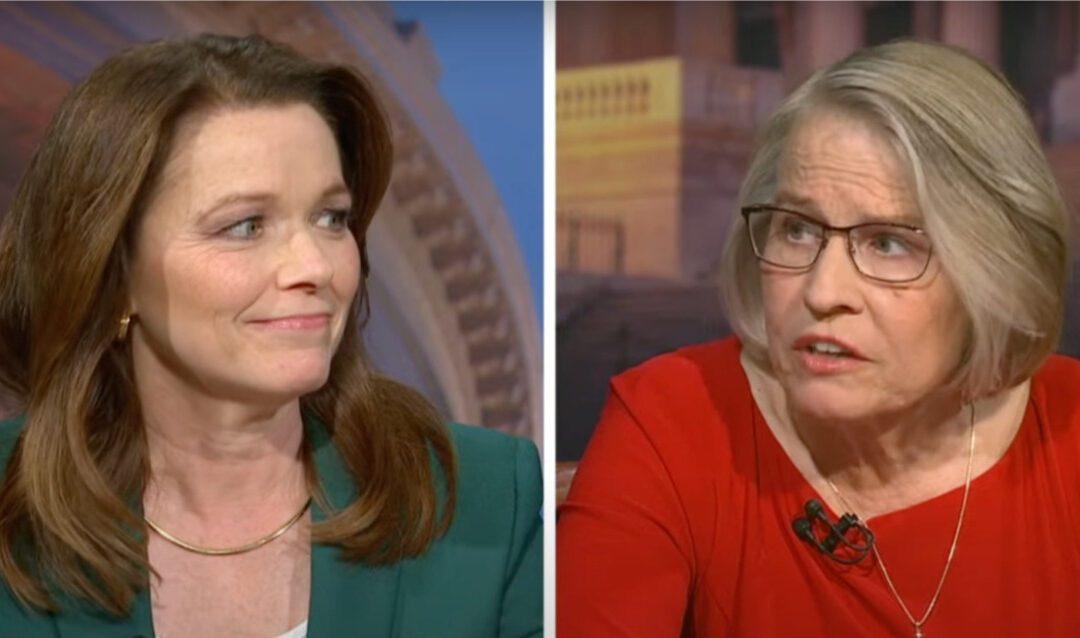
Christina Bohannan calls for recount of ‘razor-thin’ Iowa congressional race
Democrat Christina Bohannan is calling for a recount of all 20 counties in Iowa’s 1st Congressional District. There is an 800-vote margin that...

Election fatigue? Here’s how to recharge your mental health
We all have our personal struggles in life, from work stress to relationship drama, but something about the 2024 election season simply felt...
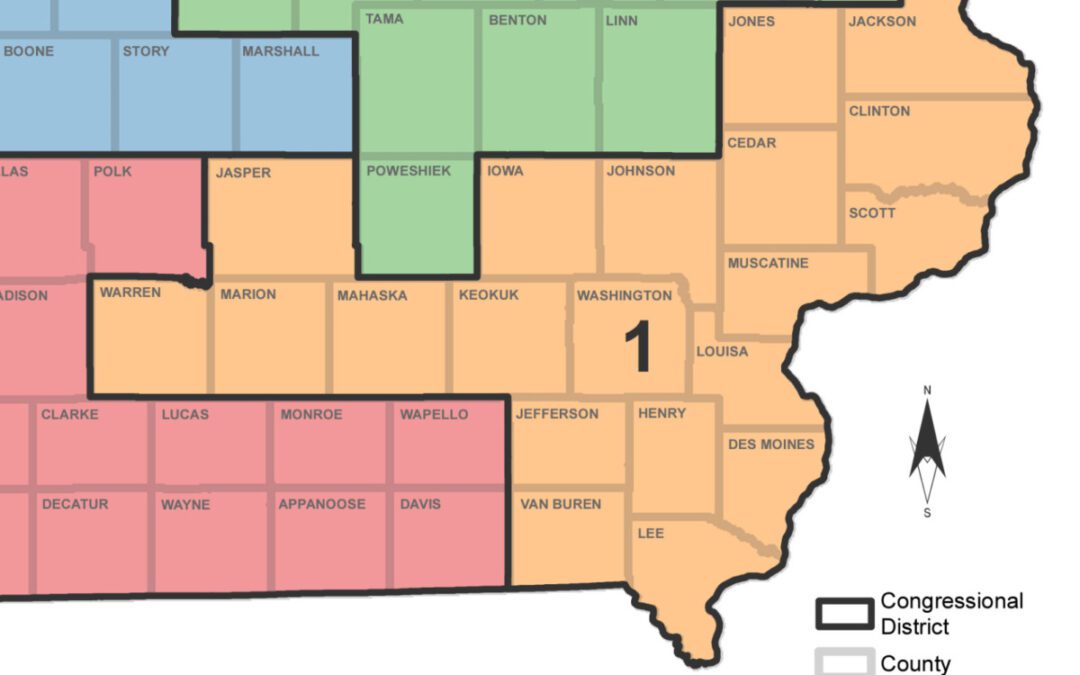
Three key takeaways from the Miller-Meeks-Bohannan results
As we take stock of what happened in 2024 and prepare for the road ahead, the results in the 1st Congressional District show some interesting...
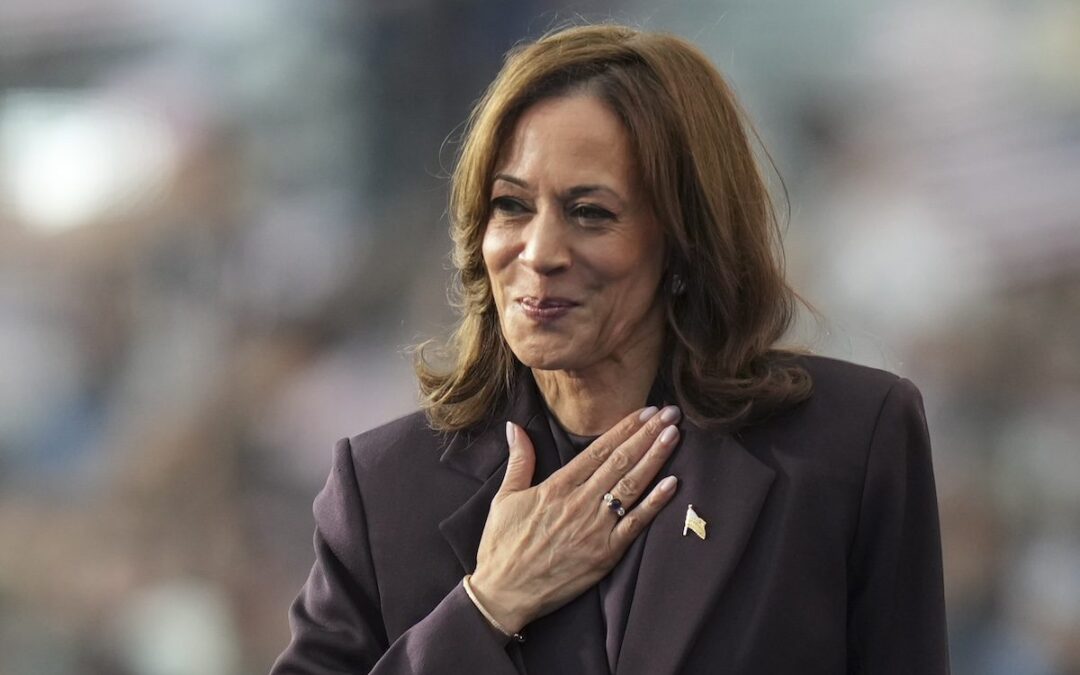
Harris says nation must accept election results while urging supporters to keep fighting
Harris delivered her remarks at Howard University, her alma mater and one of the country's most prominent historically Black schools, in the same...

Aime Wichtendahl makes history again, first trans woman elected to Iowa House
Iowa's first-elected transgender woman, Aime Wichtendahl, made history a second time when she won a seat in the Iowa Legislature. Wichtendahl, a...

We care for us: Iowa places to support as another Trump presidency looms
We care for us: That's the message we want Iowans to carry with them in the immediate aftermath of the election, instead of despair. Starting Line...


